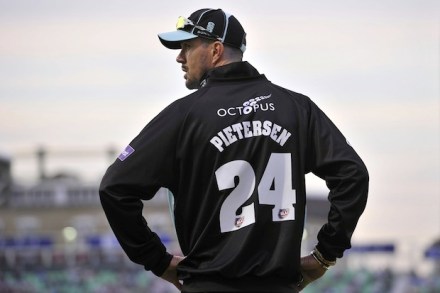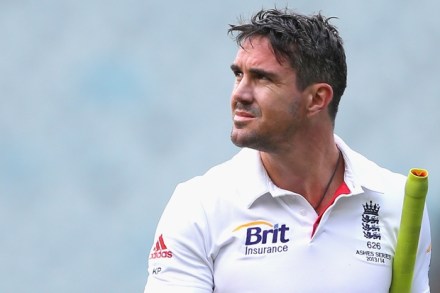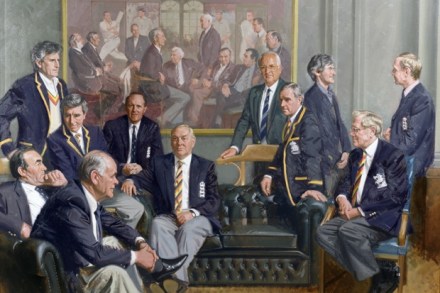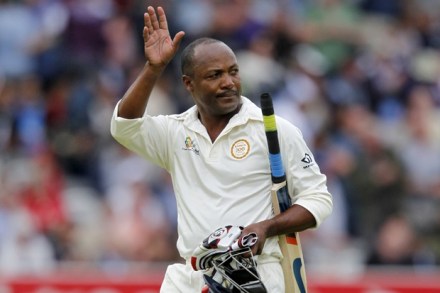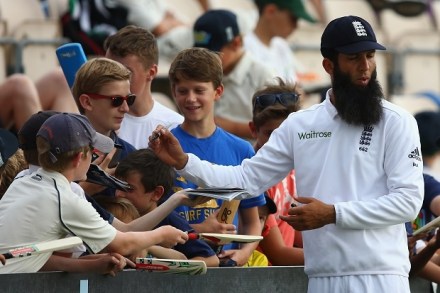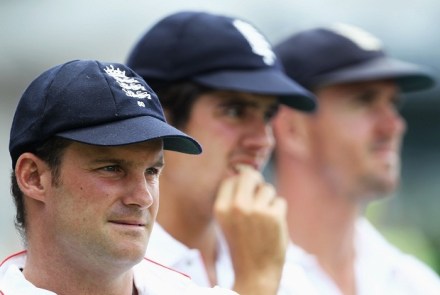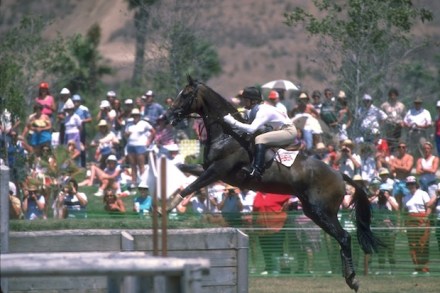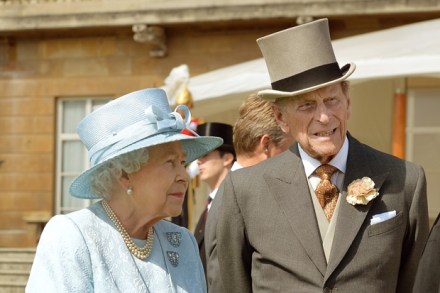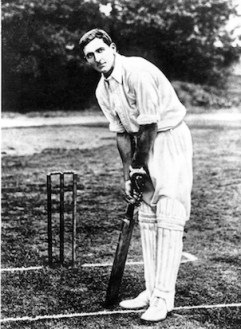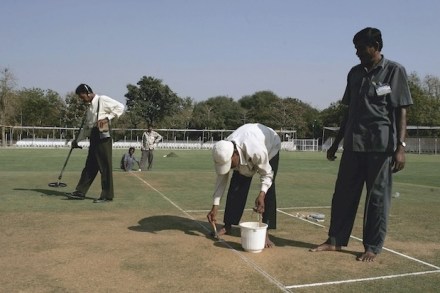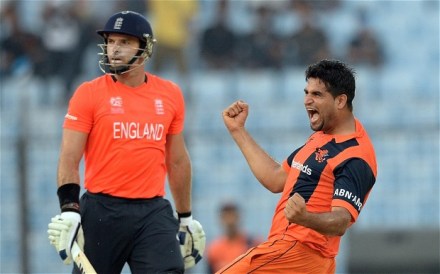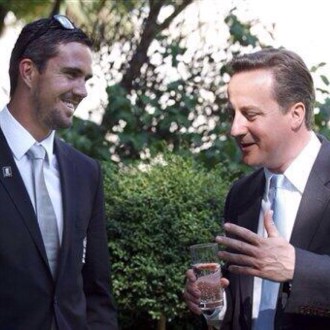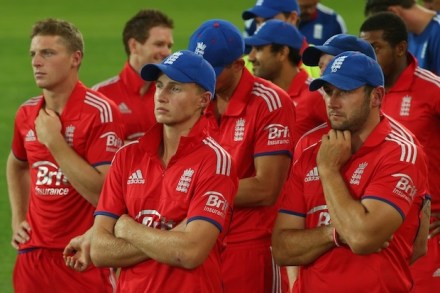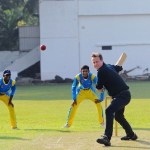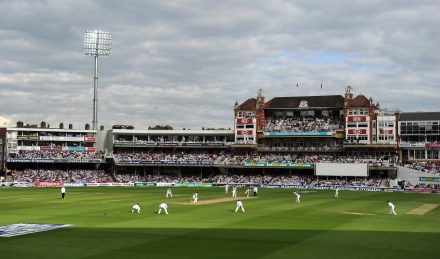The unbearable vanity of Kevin Pietersen
Seven years ago Kevin Pietersen produced his first attempt at autobiography, Crossing the Boundary: The Early Years in My Cricketing Life. Atrociously written, it demonstrated no awareness of the world outside himself. This time round Mr Pietersen has taken the precaution of hiring an excellent ghost writer, David Walsh of the Sunday Times. It is hard to overpraise Mr Walsh’s vivid prose. The book is a brilliant portrayal of Pietersen as a misunderstood genius continually brought down by lesser men: a Mozart beset by a sequence of Salieris. Three of his England teammates fare especially badly: Stuart Broad, Graeme Swann and Matt Prior. He describes their behaviour as egotistical, bullying
